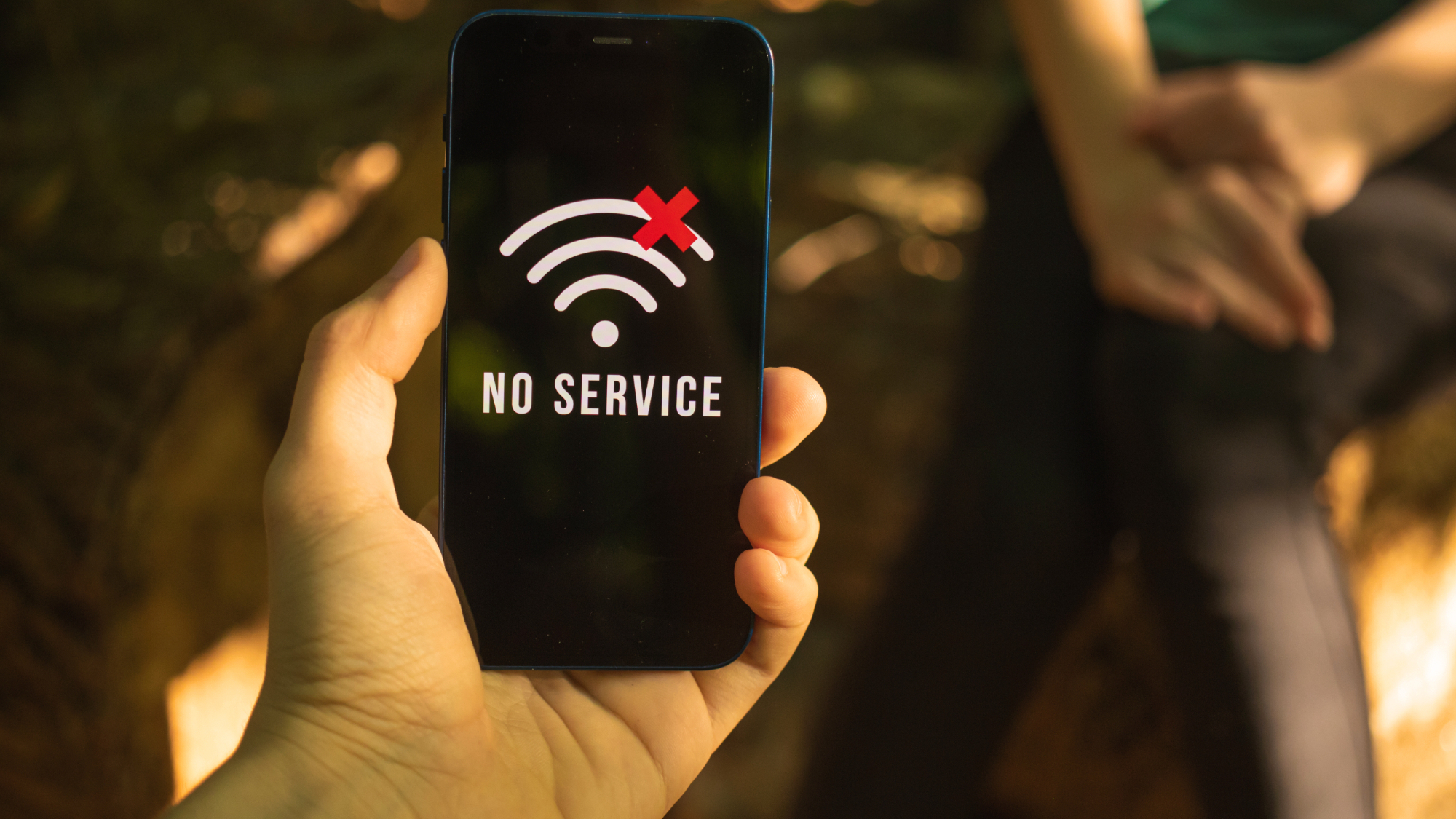AT&T could soon offer you bulletproof cell coverage thanks to a fleet of space satellites
Communicate with the stars (well, sort of)

Sign up for breaking news, reviews, opinion, top tech deals, and more.
You are now subscribed
Your newsletter sign-up was successful
Sometimes, whether you’re in the rugged wilderness or just a place with spotty reception, you’re going to struggle with cell coverage. That might soon be less of a problem if you’re an AT&T customer though, as the company has just announced a plan to provide its “first space-based broadband network direct to everyday cell phones.”
What does that mean in practice? According to AT&T, an agreement has been reached with AST SpaceMobile to use satellites orbiting the Earth to provide cellular service to AT&T’s mobile customers. That should mean you can get service wherever you are on the planet, as you’ll no longer need to rely on a nearby mast or cell tower to provide coverage to your device.
The deal lasts until 2030, and while there’s no information regarding the price, we wouldn’t expect it to be cheap. What we do know is that the first five satellites will be launched from Cape Canaveral this summer, although there’s no word on when AT&T customers will start being able to take advantage of the new service.
Expanding coverage

This is not the first cellular service to offer coverage from space. In 2022, T-Mobile and SpaceX announced they were working together on a similar offering, which became known as Starlink Direct to Cell in October 2023. In January 2024, the program’s first satellites were launched into space.
Apple, meanwhile, has been offering Emergency SOS via Satellite for free with certain devices since 2022. However, this feature only covers emergency calls, not regular communications.
With all these services on offer – and AT&T’s own seemingly on the horizon – you should soon have plenty of options if you want to stay in touch with people even in the remotest of locations. AT&T says its program will be available “in the not-too-distant future,” so we’ll have to hang tight for further announcements – including, hopefully, the price.
You might also like
- T-Mobile uses SpaceX satellites to extend 5G network in US
- Starlink's new cellular service lets you stay connected even off the grid
- SpaceX launches first Starlink satellites for direct-to-cell coverage
Sign up for breaking news, reviews, opinion, top tech deals, and more.

Alex Blake has been fooling around with computers since the early 1990s, and since that time he's learned a thing or two about tech. No more than two things, though. That's all his brain can hold. As well as TechRadar, Alex writes for iMore, Digital Trends and Creative Bloq, among others. He was previously commissioning editor at MacFormat magazine. That means he mostly covers the world of Apple and its latest products, but also Windows, computer peripherals, mobile apps, and much more beyond. When not writing, you can find him hiking the English countryside and gaming on his PC.